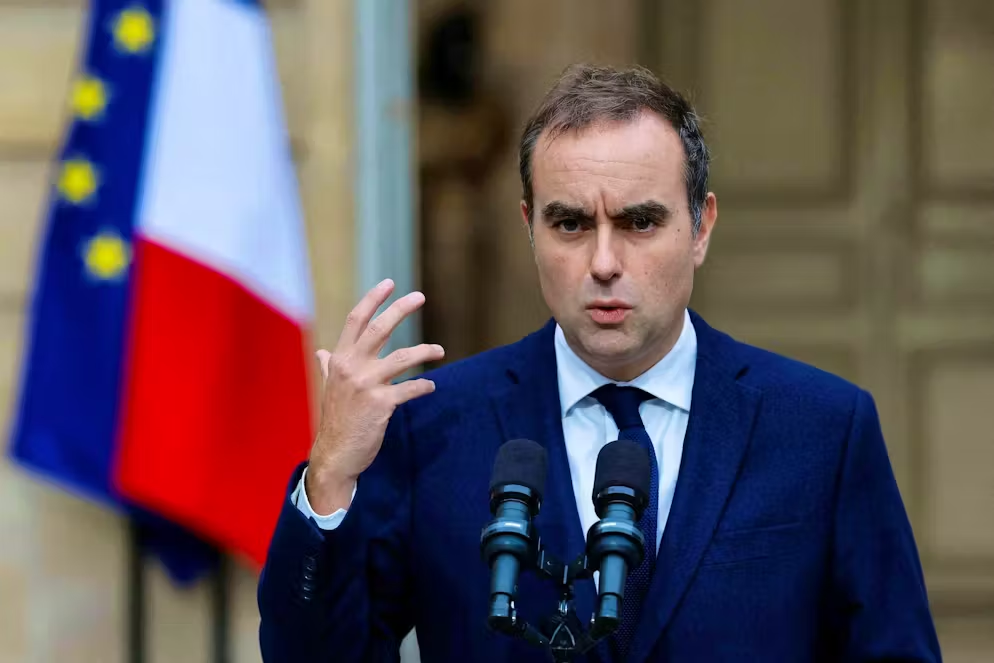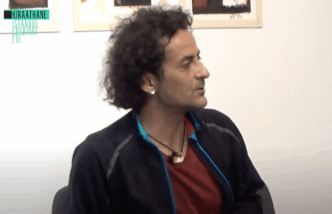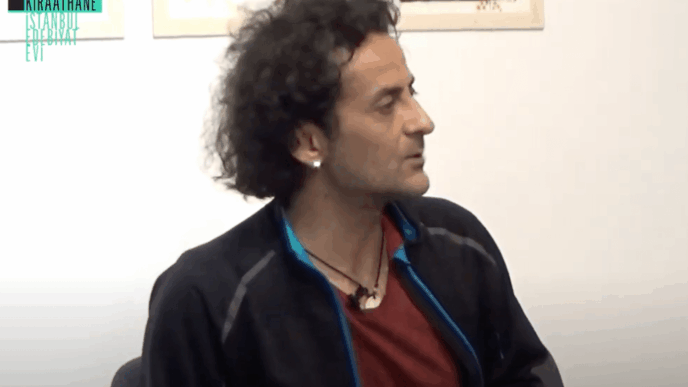French Prime Minister Sebastien Lecornu announced Tuesday he would support the suspension of the unpopular 2023 pensions reform, a strategic move aimed at ensuring his cabinet’s survival amid a deep political crisis.
The reform, which raised the retirement age from 62 to 64, was a major sticking point, with the Socialists—a crucial swing group—threatening to vote against his government if it wasn’t halted.
In his policy speech, Lecornu promised to propose suspending the reform until the 2028 presidential election, stating there would be “no increase in the retirement age from now until January 2028.”
This decision immediately brought relief, as Socialist lawmaker Boris Vallaud called it a “victory” and agreed to allow budget debates to proceed for now.

Lecornu, who was recently reappointed after his first cabinet collapsed, is fighting to pass an austerity budget by the end of the year after President Emmanuel Macron’s snap elections last year led to a hung parliament.
The prime minister also vowed not to use the controversial constitutional tool that allows the government to force bills through parliament without a vote.
Despite the temporary relief, the hard-left France Unbowed and the far-right National Rally have filed motions to topple the cabinet.
Macron had warned earlier on Tuesday that any successful censure vote would force him to dissolve parliament and call fresh elections.
Lecornu presented a draft budget aiming to cut France’s public deficit to 4.7% of GDP, stating the pension freeze’s cost (estimated at €1.8 billion in 2027) would be covered by savings.


 Trending
Trending 









